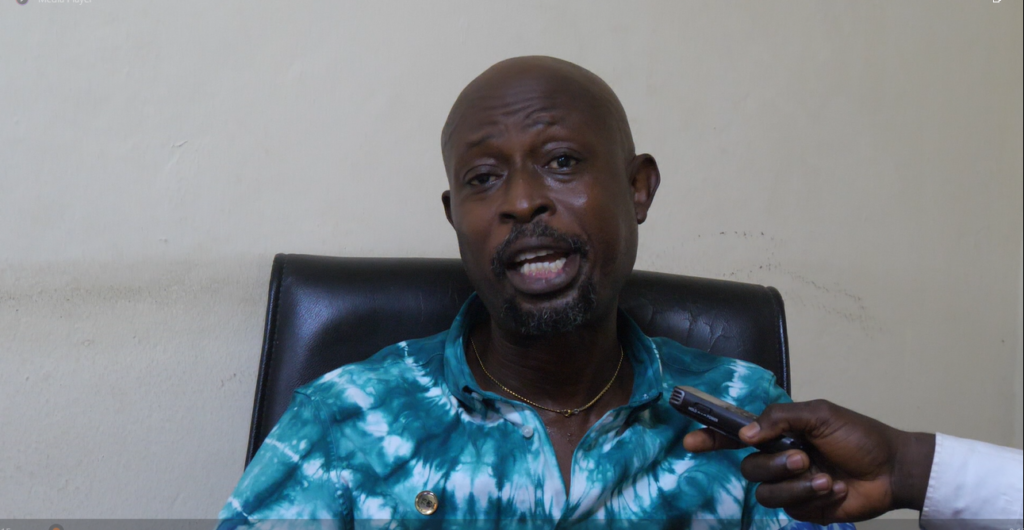By Juliana Kabba
Social Linkages for Youths Development and Child Link (SLYDCL) on Tuesday, October 10, joined the rest of the world to commemorate World Mental Health Day.
The day is observed annually to raise awareness and drive positive change in efforts to address mental health issues across the globe.
Campaigners say mental health doesn’t get much attention as other health conditions, especially in developing countries like Sierra Leone, where access to health facilities is limited.
SLYDCL organized a session to engage drug users in observance of the day.
Habib T. Kamara, Executive Director of SLYDCL, said they intended to use the occasion to spotlight issues affecting their constituents, who are mostly youths and vulnerable members of societies.
“There is a lot of mental health issues in our society and many of the people dealing with them are young people, but we pay less attention to them,” he told pressmen at the event hosted at the organization’s offices along Kandeh Drive on Wilkinson Road. The occasion was designed to raise awareness amongst the youths with the objective of discouraging drug and other substance abuse, especially Kush, a dangerous drug that has become rampant in the country and which experts say threatens the future of the country’s youthful population.
Kush, which is a locally manufactured concoction derived from cannabis, is consumed in various forms. But in Sierra Leone, a lot of drug users take it through injection. And its effects include mental health problems, like depression, personality disorders and suicidal thoughts.
Ishmail Kebbeh, chairman of the board of SLYDCL, chaired the press briefing. He spoke about the effects of drug on mental health and its consequence on the larger society, pointing out the need for society in general to work concertedly to address it.
“Any country that has a weak base in the youth can never progress,” said Mr Kebbe.

As part of the commemoration, SLYDCL is providing free services for its target clients, including HIV testing and screening for TB and other STIs within the course of the week. The organization, said Kamara, is also within the period initiating those who qualify with pre-exposure prophylaxis, a medication that reduces the risk of contracting HIV, as well as condoms and lubricants.
Many of the beneficiaries are youths – men and women – who make up the bulk of the organisation’s constituents. They include sex workers, men who have sex with men and people who inject drugs.
These groups of people, also referred to as the key populations, are categorised among the most vulnerable to HIV, due to the risky lifestyles they live.
One of the beneficiaries of the day was Emma Blessing. She used to consume Kush, which she said she was drawn to by frustration caused by unemployment.
“But I have stopped taking drug,” she sad, lamenting the effect of the substance on her body.
“I used to look better than this. Because of drugs, my body is in a bad shape now,” she told ManoReporters.
October 10 was set aside to commemorate mental health by the World Health Organisation (WHO) to reflect on achievements and come up with innovative initiatives to tackle mental health issues.
This year’s event is being held on the theme: “Mental Health is Universal Human Rights.”
Sierra Leone’s response to drug abuse has come under criticism from campaigners who fault it for being punitive, which they say further exacerbates the problem.
The law enforcement in particular has been called out for their hardline approach towards drug users.
Joseph Koroma’s experience illustrates this problem with the country’s drug laws, which has made more drug users.
Koroma began using drugs in a jail cell, where he was taken for a crime he insists he didn’t commit.
“I regret taking drugs. And I am grateful to God and this organization for helping me leave drug. My feet were swollen, and I had sores all over by body. They have all healed,” Koroma recalled in an interview with ManoReporters.
Campaigners have been calling for the review of the country’s drug laws, which criminalises drug use.






















